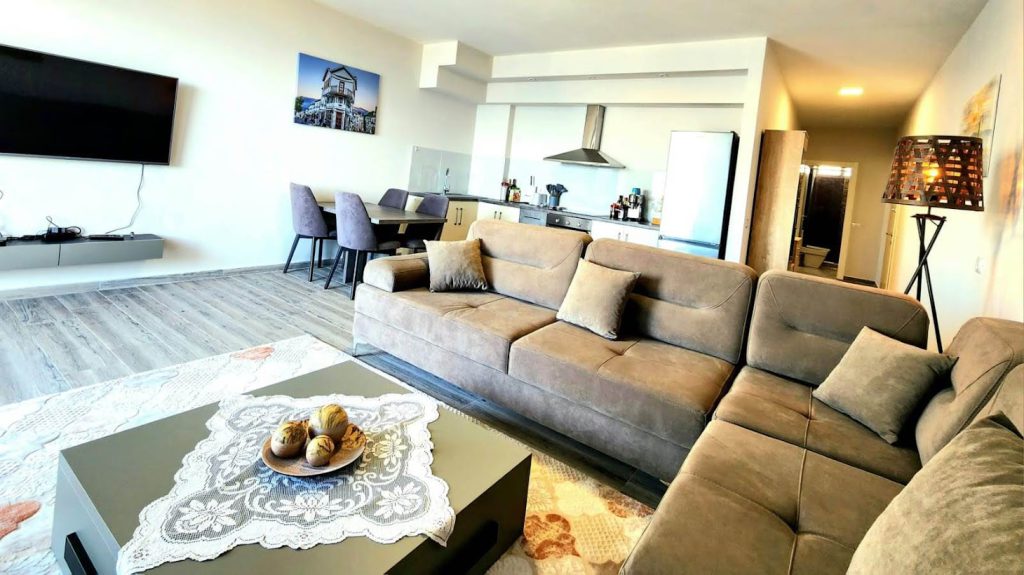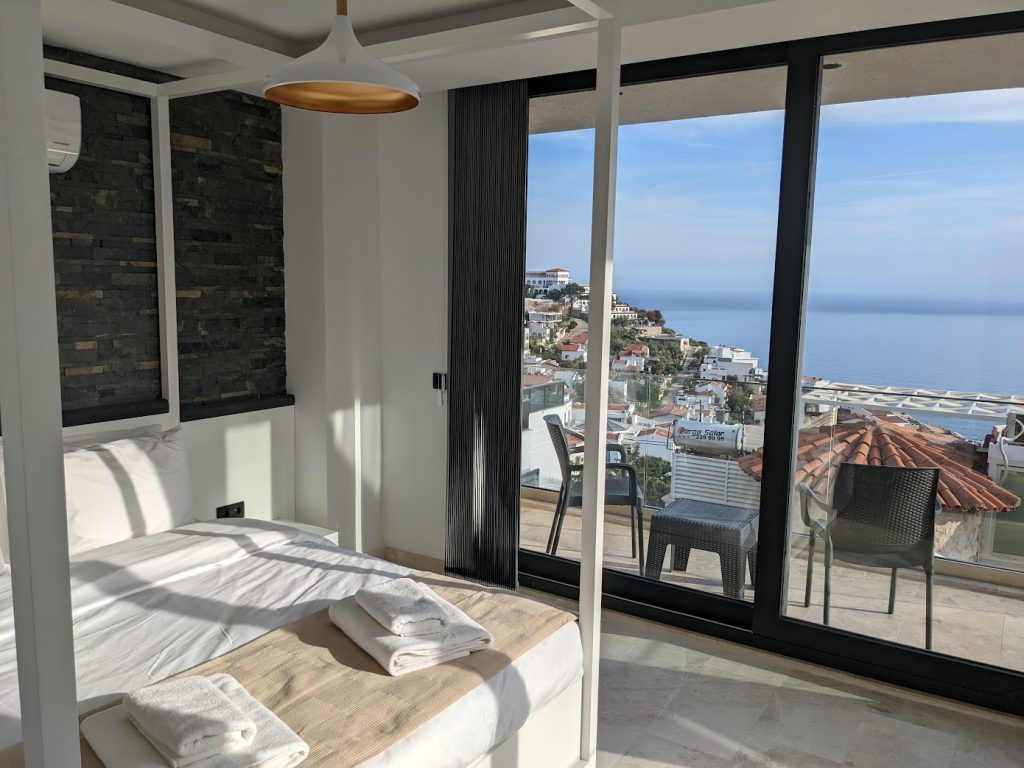
If you like to travel for extended periods of time, you may be familiar with the room sharing platform known as Airbnb. They have been around for 15 years and pretty much created the idea of shared, short-term rentals.
They started modestly when the founders came up with the idea of renting out an inflatable air mattress in their very expensive apartment in the very pricey town of San Franscisco. The name Airbnb is a condensed version of “Air Bed & Breakfast,” which was the original name. With a start-up investment of $30,000, the company has dominated the rental market and generated $8.4 billion in 2022.
My wife and I have been full time world travelers since 2019 and have lived in 37 countries since then. I calculated that the number of Airbnb rooms where we have stayed is pushing 130. Add in a similar number of hotels and hostels over the years, and we have a pretty good understanding of what makes a good room versus a bad one. When I lived in Costa Mesa prior to leaving, I rented out my second bedroom on Airbnb so I know the market from both sides as guest and host.
Worldwide there are several different rating systems for hotels, and many chains have their own criteria, but generally they range from one star to five stars. Bear in mind that there is a difference between what a tourist is looking for versus what a traveler is needing.
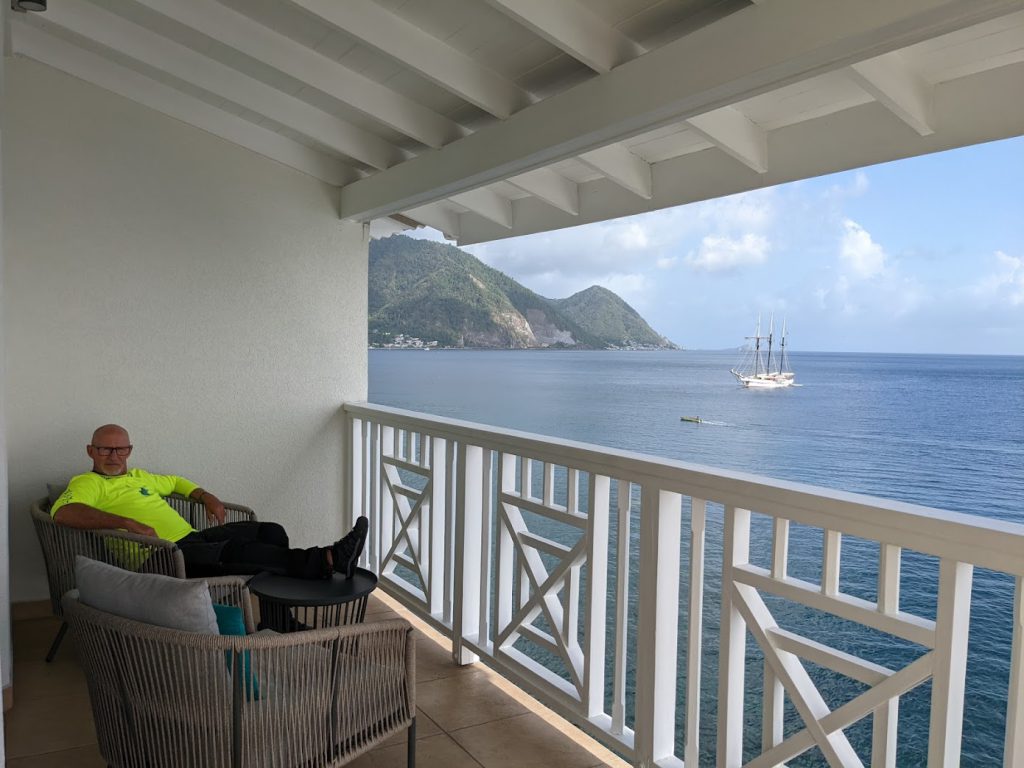
For short stays of a few nights to many weeks, some people require the full accoutrement of services, like concierge, maid service, room service, valets, etc. But travelers like us (and there are thousands worldwide) don’t need the bells and whistles. We really only require the bare necessities.
The following is our list, which is very personal, but many would use a similar rating system:
Good location: That means many things to different people, but in our case that means not on a busy street, not near a noisy nightclub, and close to things we like, including restaurants and coffee shops. Since we are water lovers, we prefer something close to the beaches, but also like lakes and rivers. We try to avoid places on hills that are challenging to climb with groceries, and rooms that require drudging up too many floors.
Good price: Again, very relative, but since our lives are always on the road, our room price is a major factor. We normally stay for “long term” which allows for a reduced price, and since we avoid cosmopolitan and pricey areas, we can usually stay in most countries for under $1,000 a month. Airbnb charges a service fee and the host charges a cleaning fee, and many times they can be unreasonable, which is a deal killer.
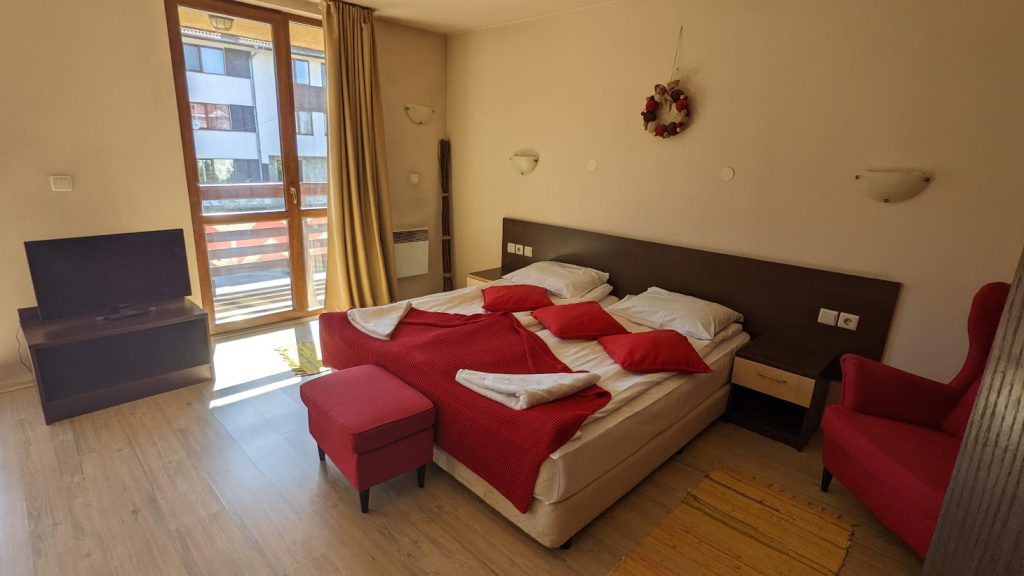
Private bathroom: We have stayed in shared bath spaces and they are fine for short term, but not for longer periods. A big factor is how many people are sharing one bath. In Europe they have a lot of flats, where four rooms share two baths, and usually a shared kitchen and living area. A private bath costs a bit more but is usually worth it to us. On top of that, a shower with good pressure and hot water is always a treat!
A kitchen: For short term of just a few days, we can get by without a kitchen, as long as we have a fridge. Outside the U.S. food is much cheaper, so unless we stay somewhere for a longer term, we usually eat dinner out, but I like to have a yogurt or fruit available in the morning and a place to put some light food, and maybe a place to keep leftovers.
Good light/ lighting: Nothing is worse than a dark room with no windows, but we have had some of them. I thrive on sunlight, and we like having good lighting in the room, which includes side lights next to the bed if possible. Some rooms have a single light on the ceiling that blares out like a jail cell. That does not work!
A good bed and pillows: Different strokes for different folks, and some like them soft and others like them firm. We have had them all, but they must be clean and not musty.
Good internet: a must!
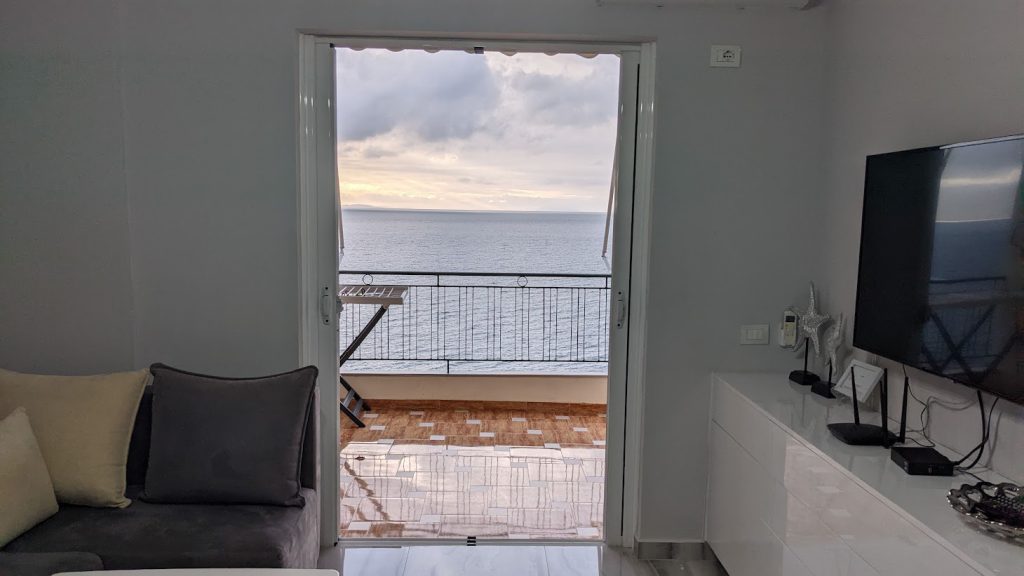
Other sundries: They would include having hooks to hang things, good secure doors, windows that can be opened, air conditioning (most of the time), bath storage for supplies, good towels, and hopefully a balcony whenever we can find one.
Airbnb is just one platform to find rooms, and if we stay for just a single night or two, we like Bookings.com since they don’t have service charges or cleaning fees, and sometimes offer breakfast.
We have also stayed at many hostels, which are called various names overseas, including pansions, and we found great ones in Turkey. They have come a long way from what they were decades ago, and while we think they are made for millennial aged backpackers, we have met many travelers of all ages at hostels.
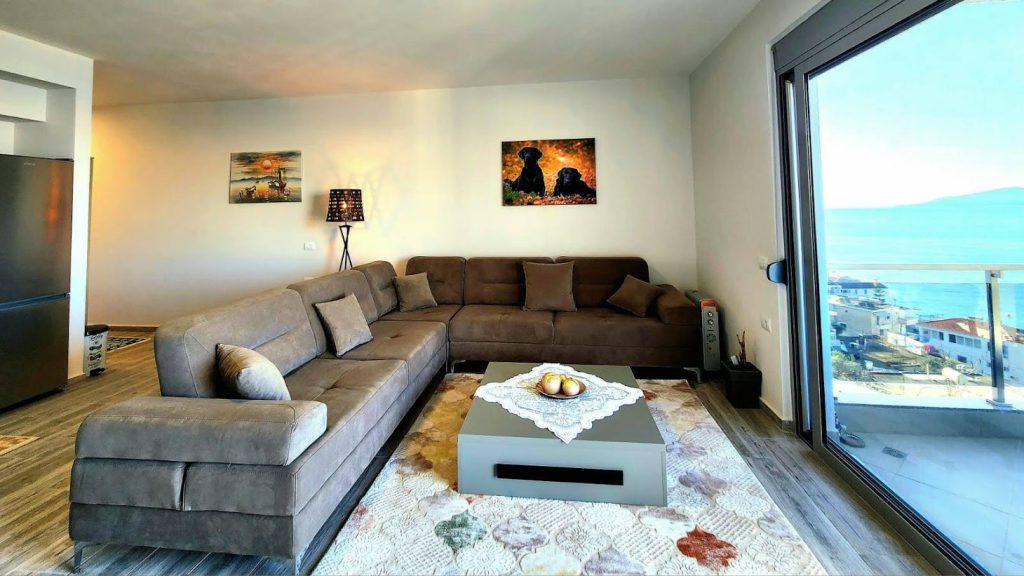
For those of you that have a dream or wish to “travel the world,” I encourage you to pursue that dream.
We left Orange County when I was 64 and my wife was 65, and I knew that if we did not do this NOW, in time it would be too late. I encourage people to dip your toes into the water, and travel for as long as you can, whether that is two weeks to many months. In our case we had no real estate to sell, no elderly parents to worry about, and no kids or pets that kept us housebound. Take enough time to get to know an area, the people, and the customs, and your world will open up.
If you have questions or need guidance on any of these ideas, please let us know!
Norm Bour has been a writer for 20 years and wrote for the Newport Beach Independent from 2013 till he left Orange County in 2019 for life on the road. He recently wrote the book “Nomadic Travel for All Ages” (available on Amazon) which documents his journey from the beginning, and shares experiences and lessons of life on the road. Even at age 69, he and his wife, Kat, age 70, travel like the younger generation and share their experiences at their website and Facebook blog called TravelYounger.com. He is an avid motorcycle rider and just finished a three-month trip through the Balkan region of Europe. Contact him at asknormb@gmail.com for information.
